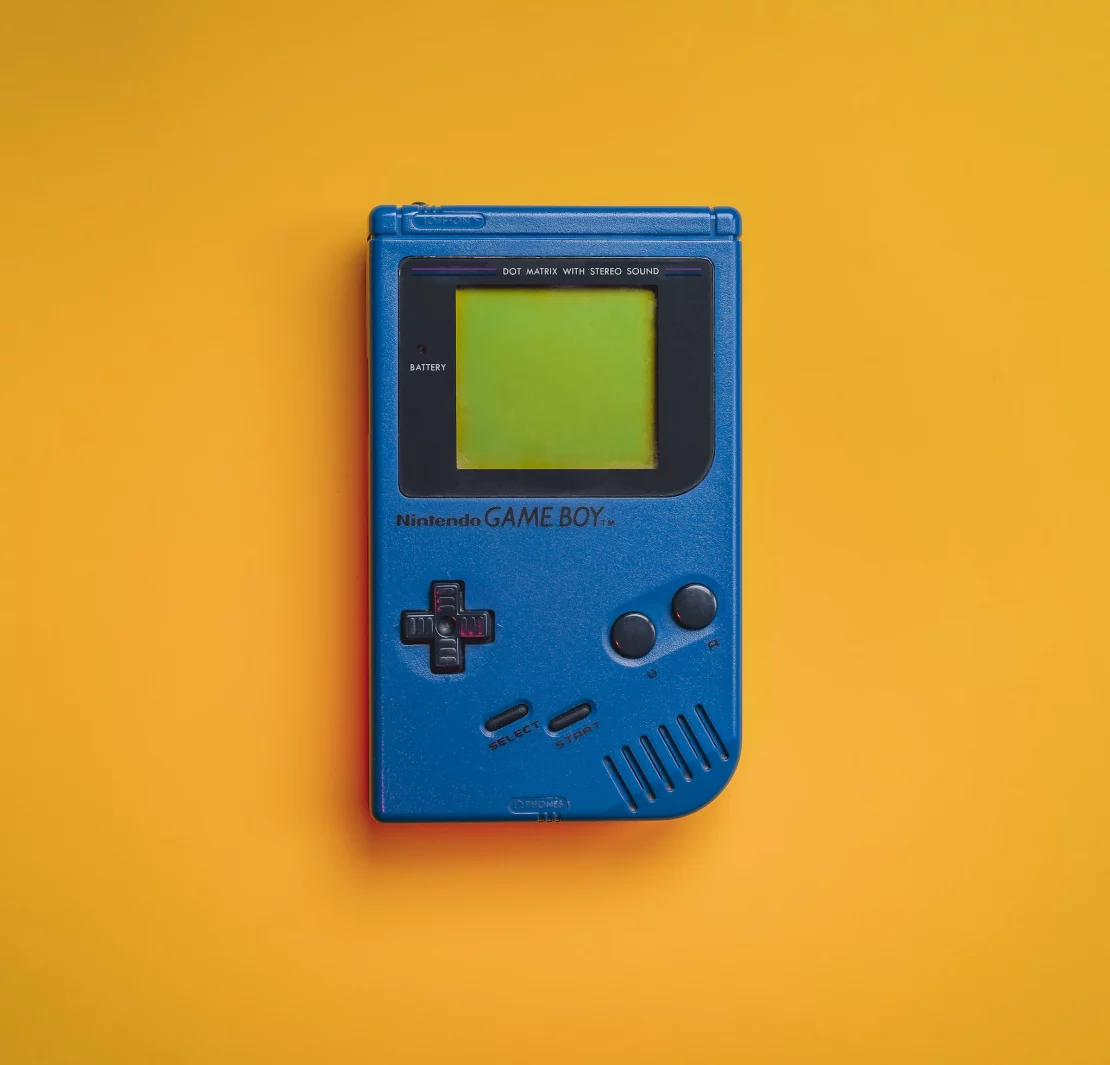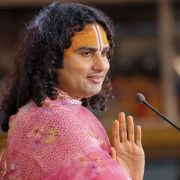“I can’t explain it, but the energy lately is “everyone is losing it” in a way we haven’t seen since 2020, creator Koreydior on Instagram claims in a reel. Fellow inhabitants of Instagram have offered like-minded sentiments in the comments about the collective exhaustion that has taken over.
As the heavy weighing systems of news cycles and tragic events, consequent economic and societal effects, and subsequent translation into lifestyle changes all become more tied together by the intricate weave of the web, many are dropping out of the hyper-decisive system of social media and unlearning the dopamine-pinging habits we are accustomed to, or at least expressing the yearning to do so.
The statistical infographics concluding how its adverse effects on attention spans, self-perception, and social isolation make rounds every now and then, while modern day and events necessitate us to engage more.
In the past week, we have observed a continuous strain of live updates of war, misinformation, and disinformation, shadow banning and monitoring content, and an overwhelm of information while the normal antics of cyberspace carry on. It can all be disorienting.
In the early days, every corner of the web seemed like a land for exploration of a genuine nature, an unpolished and sparse ground for creativity and connection to flourish. The cozy grey and white canvas of Microsoft Paint is probably our strongest childhood memory—the times of dull-full peace when we clicked on the brush tool and toyishly etched our names next to the smiling sun and squiggly blue waves.
While solutions at hand seemed far away, we wanted to provide a moment for our community to reminisce and indulge in the parts that they missed most from the era gone before our online experiences became standardised.
Tanushree, 23, cites online RPGs and games on websites as what encapsulates her “early internet” experience. “Club Penguin and Pixie Hollow, which are all extinct now, were basically our social media.” She comments, “Today’s kids don’t know about them anymore and would rather have an Instagram at ten or twelve years old.”
RPGs, or role-playing games, are not seen on the market much anymore, and there is much more focus on first-person shooter games, battle royale games, and the primary short-form content.
Eighteen year old Aditya, fondly talks about SoundCloud being a safe space for exploration, where he came across many small artists and musicians. “Soundcloud was my personal prized possession, where I would come across obscure musicians who accurately expressed the niche mood I was in and related me to four or five other listeners around the globe.” He proceeds to explain that it is much more algorithmic now, and he encounters more of the music that is similar to what he already listens to.
Vani, 22, claims that the golden era of YouTube was her favourite period. “It was way less chaotic, much more real, and people weren’t so strategic in terms of producing the content; therefore, the content was way less gripping and more chill.” The content of today takes on a much more shiny presentation, with corporations taking over every corner and calculating to personalise our every interaction with it. She explains that Instagram, which is the platform she primarily uses now, has designed its algorithm to be time-conscious, so it feels packed and overwhelming to take in.
Users have now also built separate personas online, as professional, social, and cultural requirements oblige them to keep up with the information being loaded into them to stay relevant and on top of things.
Tanushree doesn’t think that she has yet crossed over to the state of primarily existing online, citing that her perceived persona online is still different from her real-life persona. She says, “However, there is a limit I keep when it comes to meeting people who I have only interacted with online, because I would rather keep up that persona than have it fade away” , which indicates that parts of our “irl” and online personas do bleed well into each other, and at times, we are primarily resident online.
Vani, on the other hand, feels pretty comfortable with her social media presence once a balance is struck. “I would like to just consume less and create more,” she says. “The burnout is real, and consumption of content is more than just retention, because consumption, whether online or in real life, requires a small sacrifice of the other, and it makes you disoriented.”
Observing how nostalgia is one of the biggest branches of entertaining content, playing into art, fashion, music, and other forms of expression, it is safe to say that the imperfections of the early internet will be missed, and perhaps we might find our way back to it in the future.




